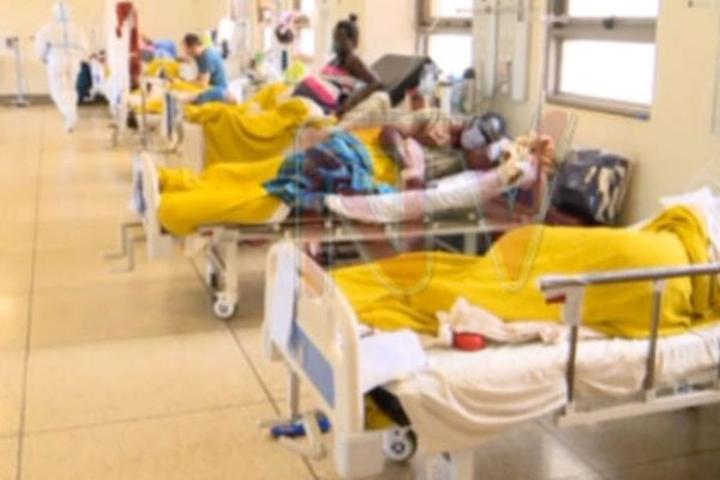Africa-Press – Uganda. Experts at National Planning Authority (NPA) have projected a 47 per cent increase in cases of Covid-19 infections this week and a 52 per cent increase in the following one.
In its weekly Covid-19 case projection released on Monday, NPA said from September 5-11, an average of 194 new cases will be registered per day amounting to a weekly total of 1,357 cases.
“For the week of September 12-18, cases are expected to increase to a daily average of 200 new cases and a weekly total of 1,403,” the statement reads in part.
Between August 29 and September 4 (last week), the country registered an average daily cases of 132 and a weekly total of 922, according to NPA.
Their projection means the country will register 435 and 481 more cases in this current week and the following one, respectively.
The agency warned that cases in neighbouring countries are very high and would spill over to Uganda.
“It is thus important to note that some of the immediate neighbouring countries have higher number of cases and they are increasing, and there is need to strengthen the cross-border movements the restrictions and testing,” the statement reads.
The government is currently discussing plans to start testing all travellers arriving in the country through Entebbe International Airport and other 53 border points.
President Museveni, while easing the second lockdown restrictions on July 30, said he based on the scientists’ advice and NPA projections.
Dr Monica Musenero, the senior presidential adviser on epidemics, said she has not yet seen the NPA projections.
She, however, warned that the third wave could start soon because there are signals such as the surge in cases in some parts of the country like Teso Sub-region.
“If we don’t have interruptions, …we were predicting that we will see the third wave by October, November or December there. This will depend on how we interrupt [transmission] and vaccinate [people],” Dr Musenero said.
“If people pick up and continue wearing their masks and we stop mass gatherings and people keep SOPs at markets and burials, then we can slow down [the onset of the third wave],” she added.
Factors
Dr Musenero, however, said the third wave also depends on environmental factors.
“If the weather is a bit dry, like right now, the rise [in cases] is usually slow. But if we intensity of rain, the rise comes fast. The acceleration also happens when the virus enters the crowded areas of the people and also depends on the strain of the virus,” she said.
Dr Richard Mugahi, the assistant commissioner for health services at the Ministry of Health, said their genomic sequencing of samples collected from travellers returning in the country found that the delta variant is dominant. Delta variant is highly transmissible and is associated with severe disease and a high death rate. The country is also grappling with four other variants of public health concern.
Dr Jane Ruth Aceng, the Health minister, while addressing the country last month on UBC TV, said projections done by scientists show that the third wave of the pandemic is likely to peak at 4,000 laboratory-confirmed cases daily. This is two times higher than what was being recorded during the second wave. “This means that 15 per cent of the patients will require admission at the health facility and about 9,331 patients may require High Dependence Unit (HDU)/ Intensive Care Unit (ICU) admissions,” she said.
The government has so far vaccinated about 1.4 million people against the target of vaccinating 22 million people.






